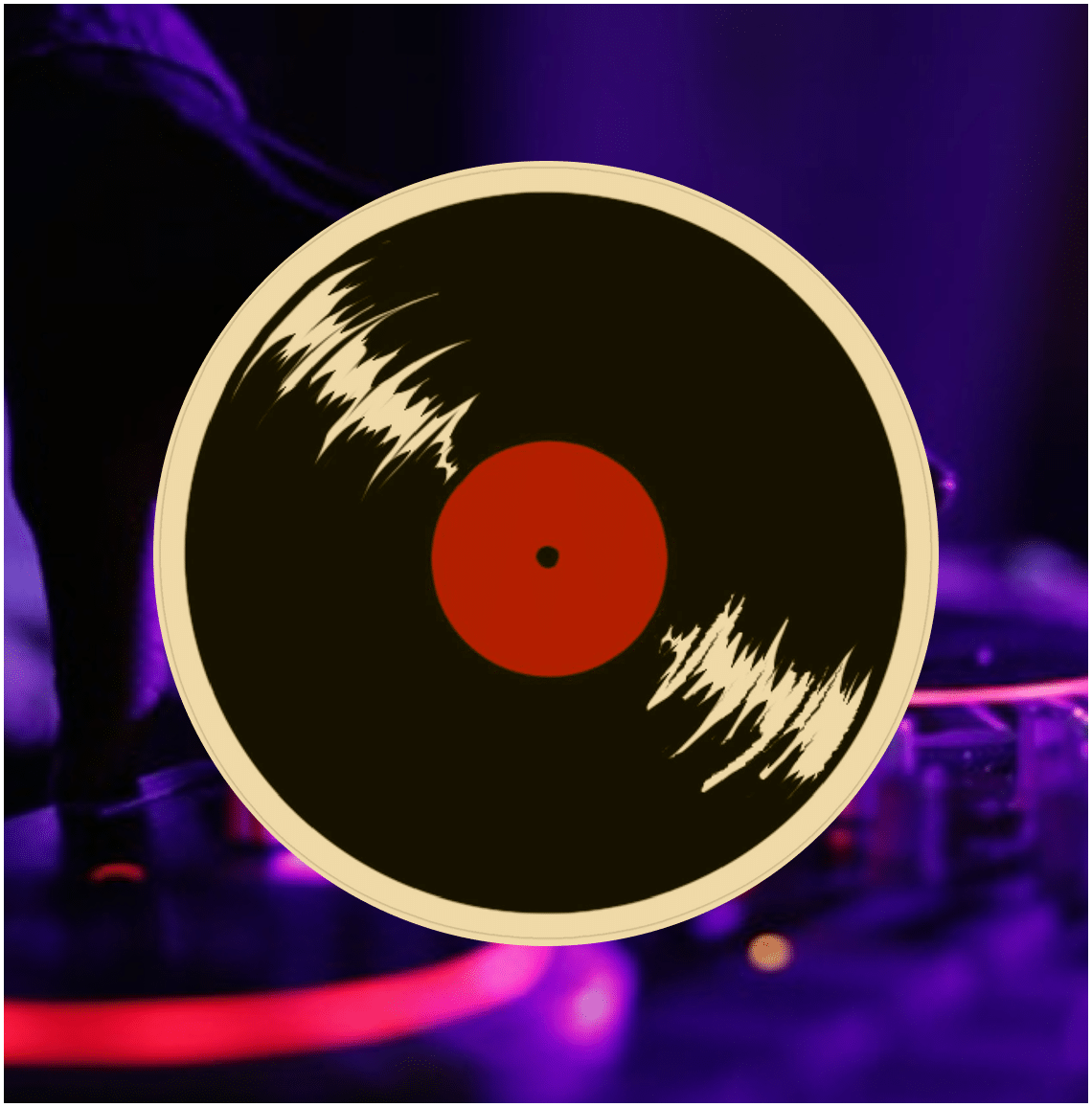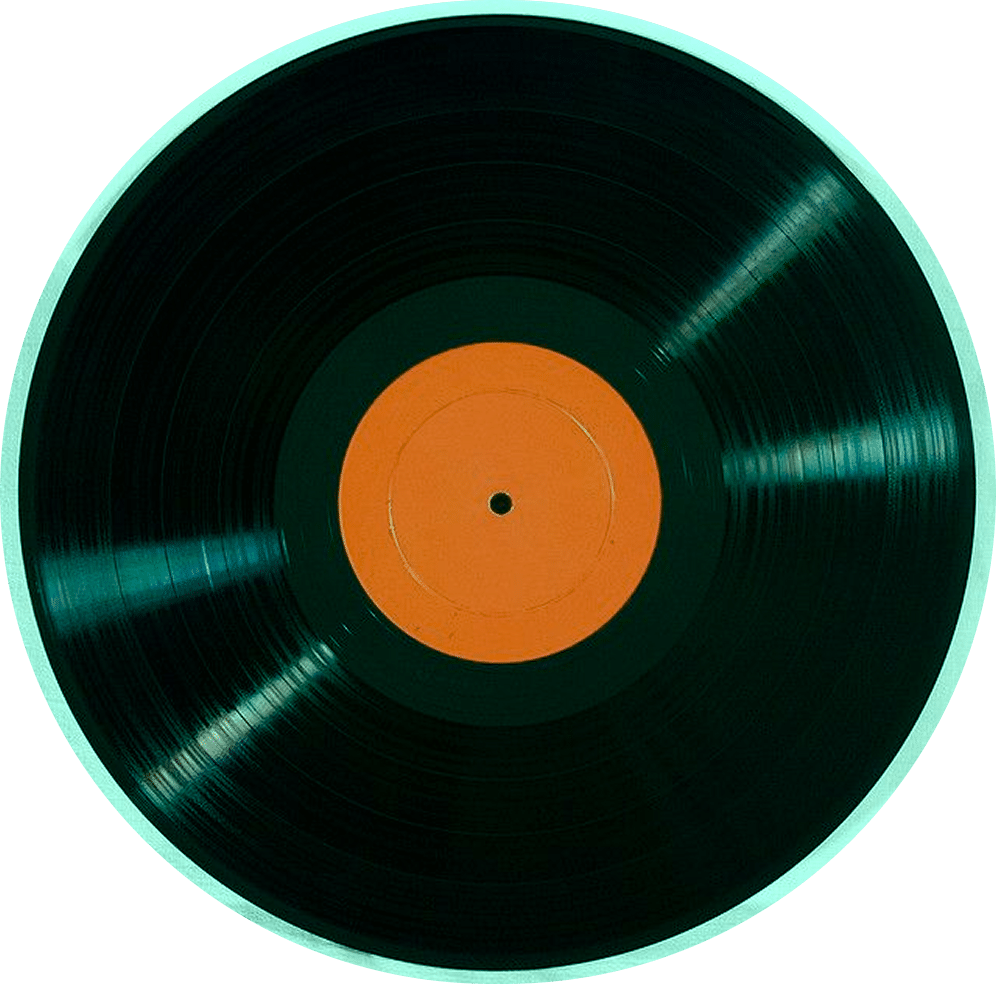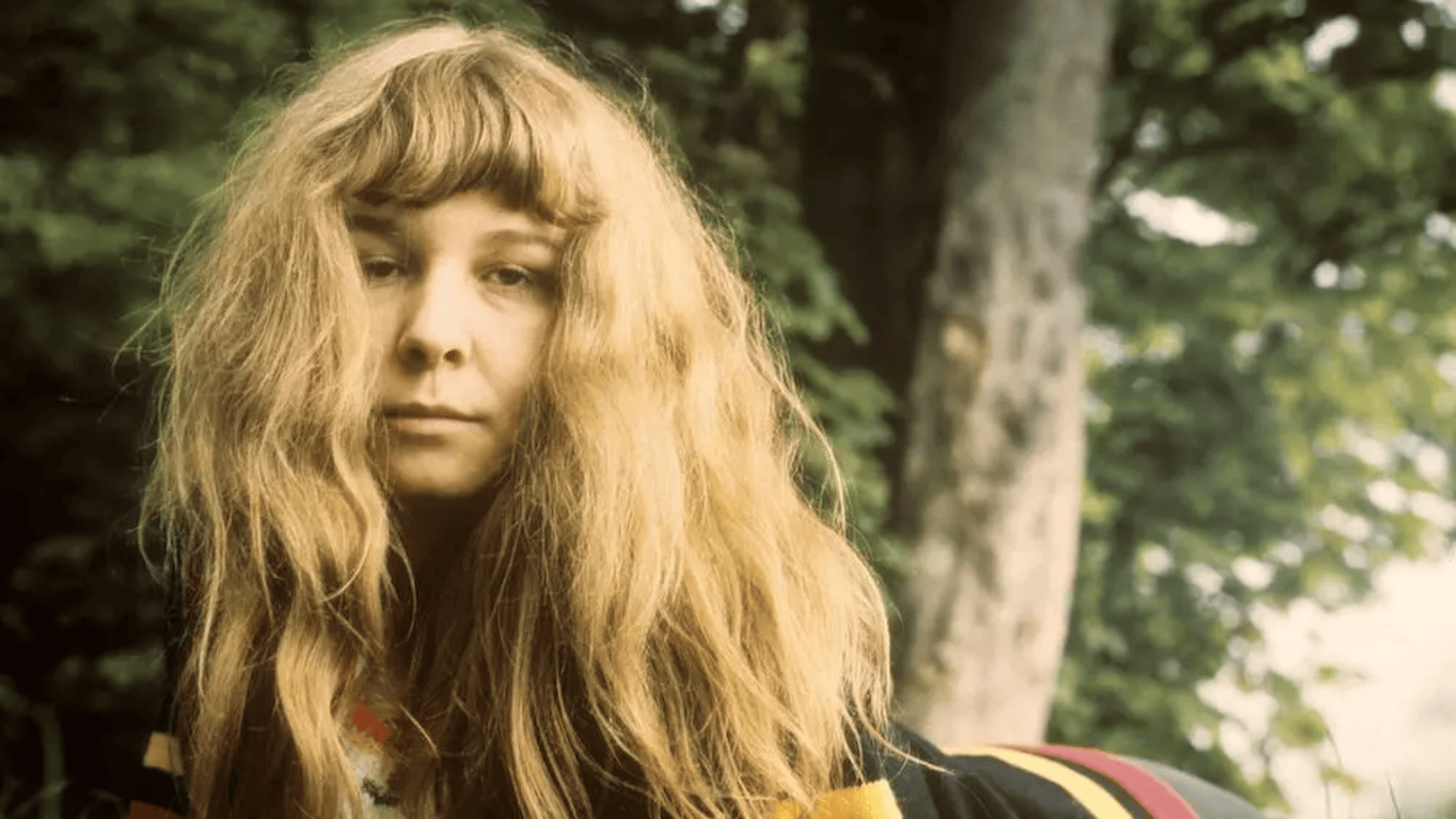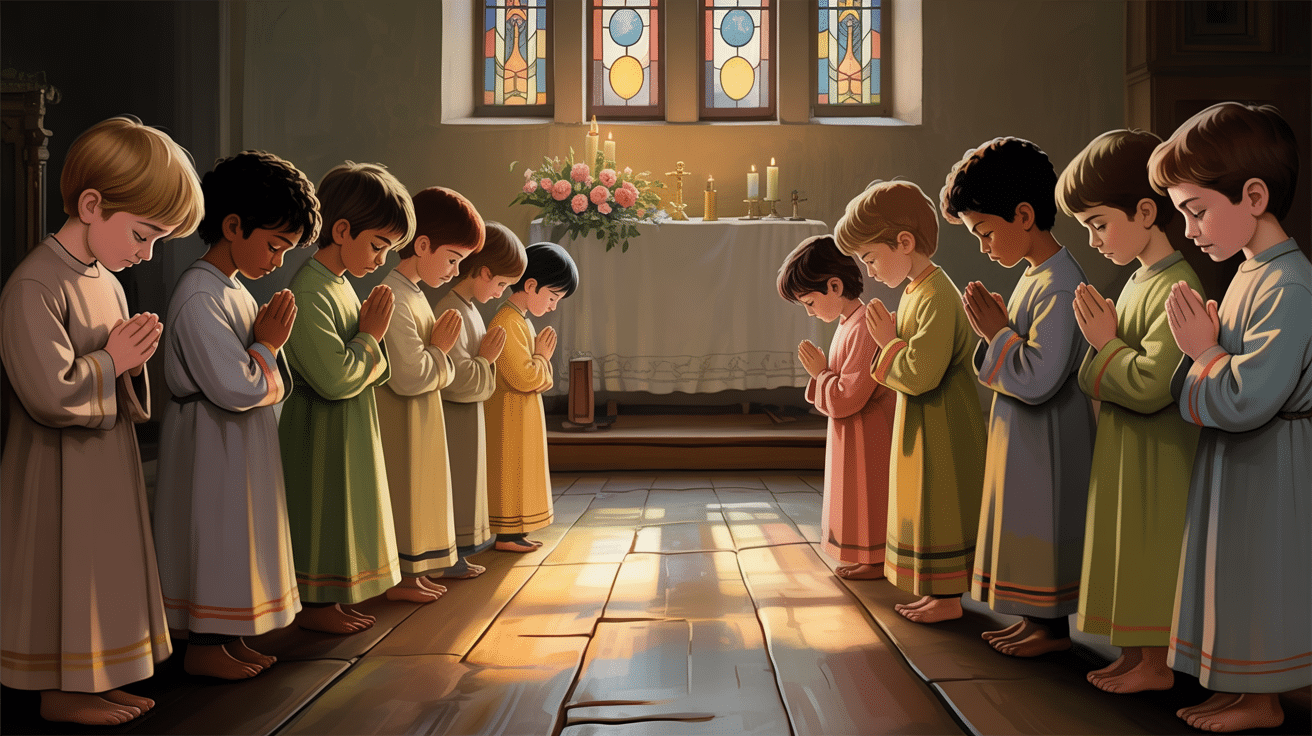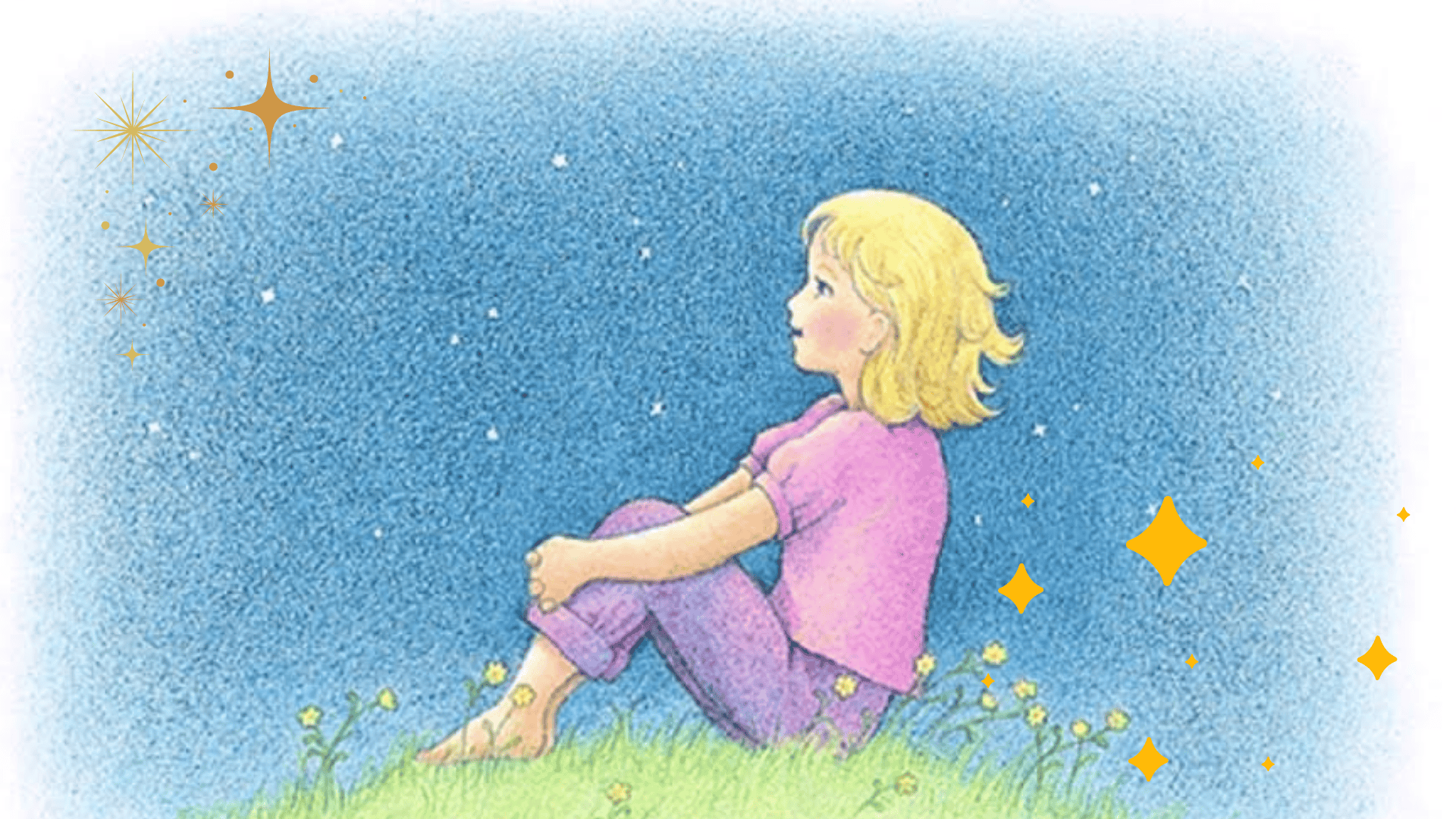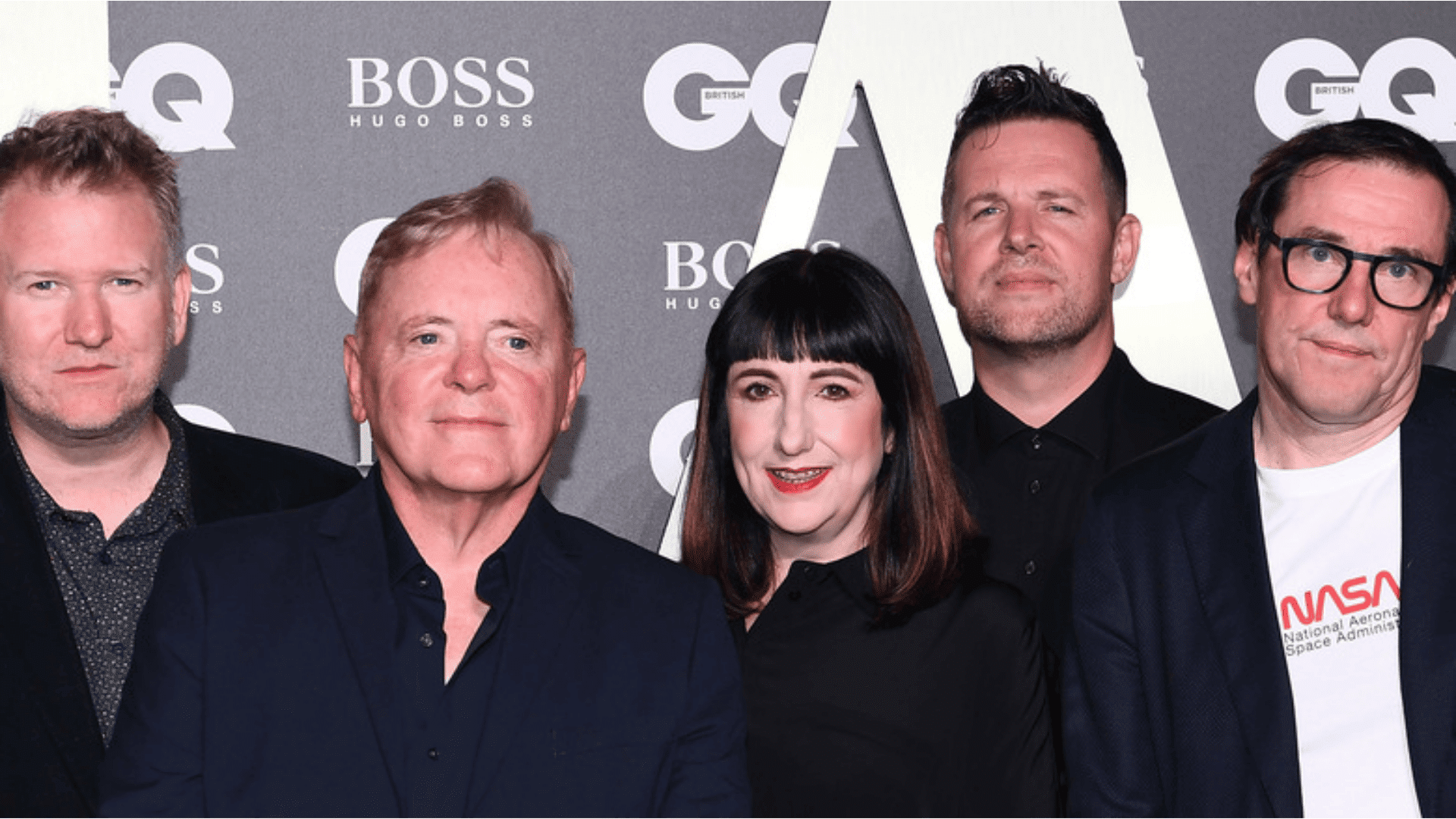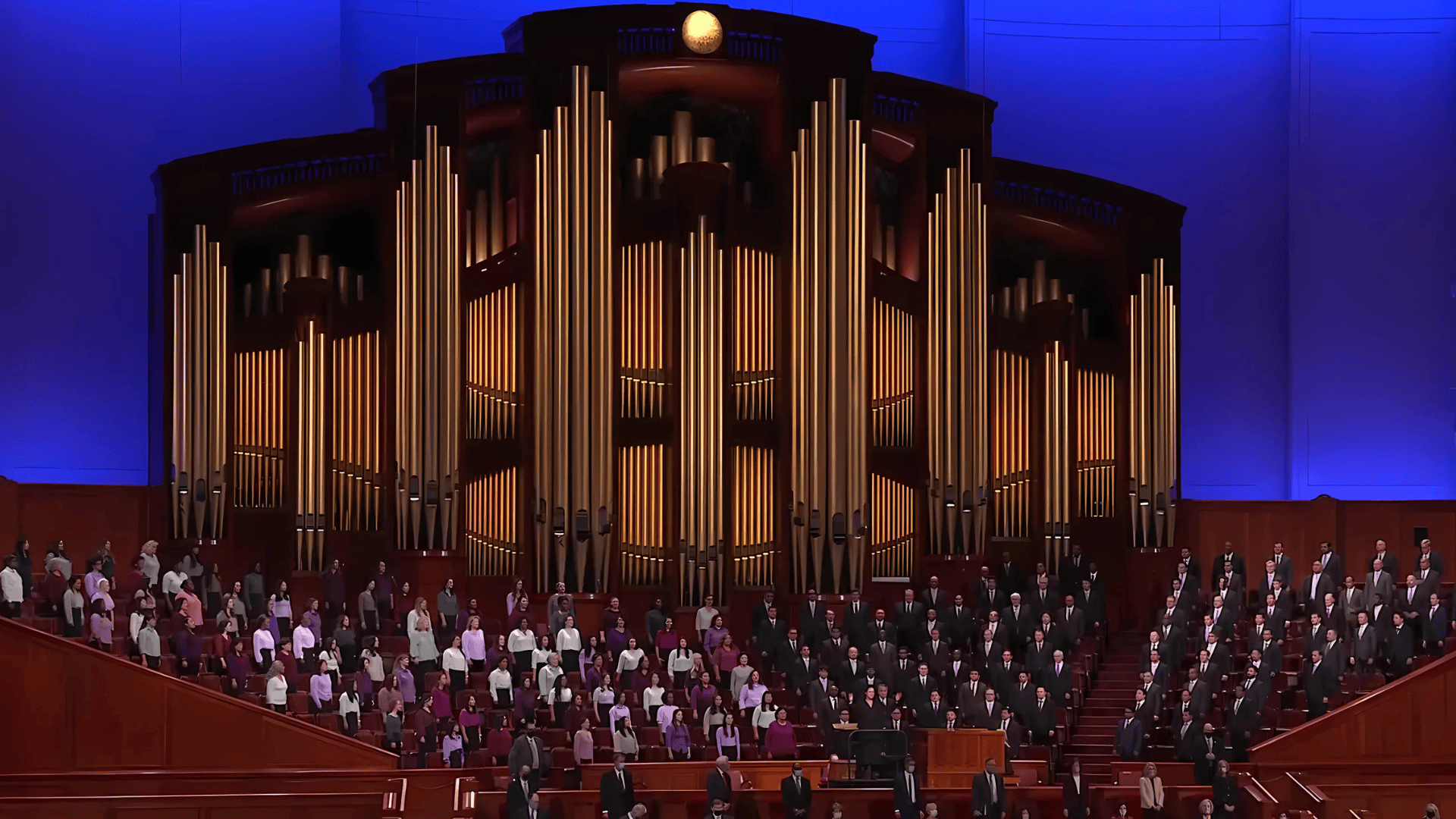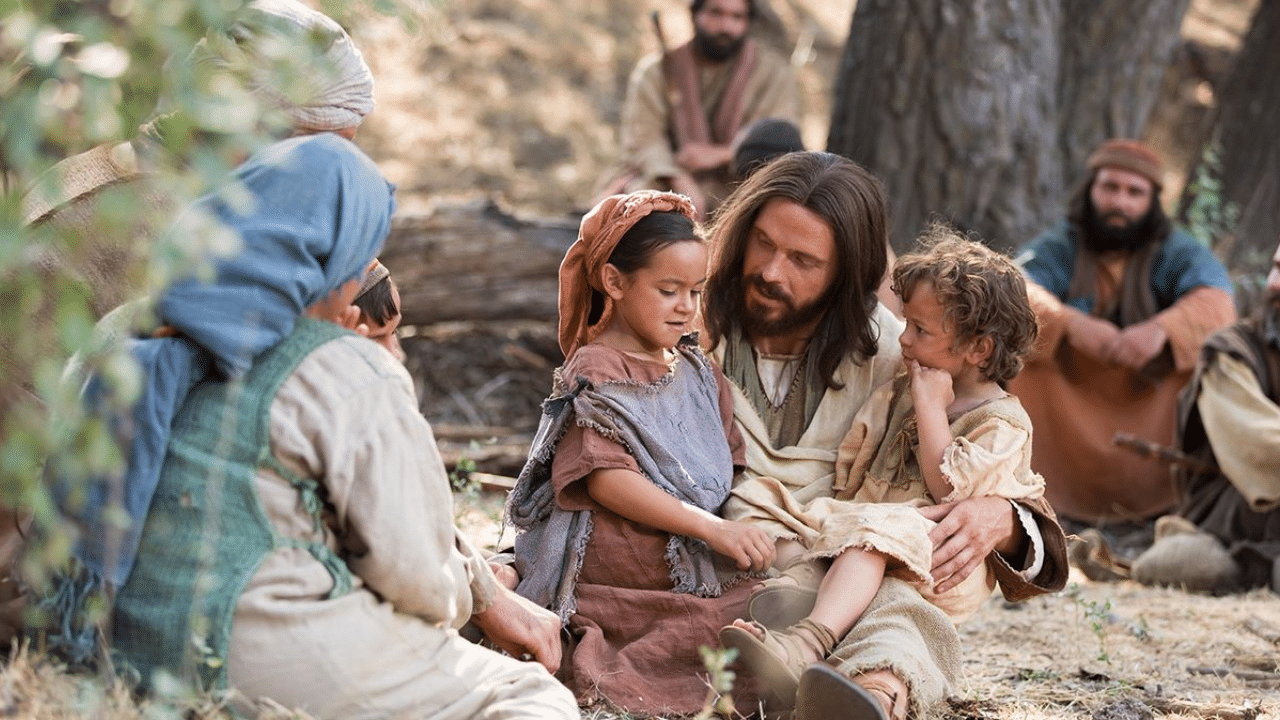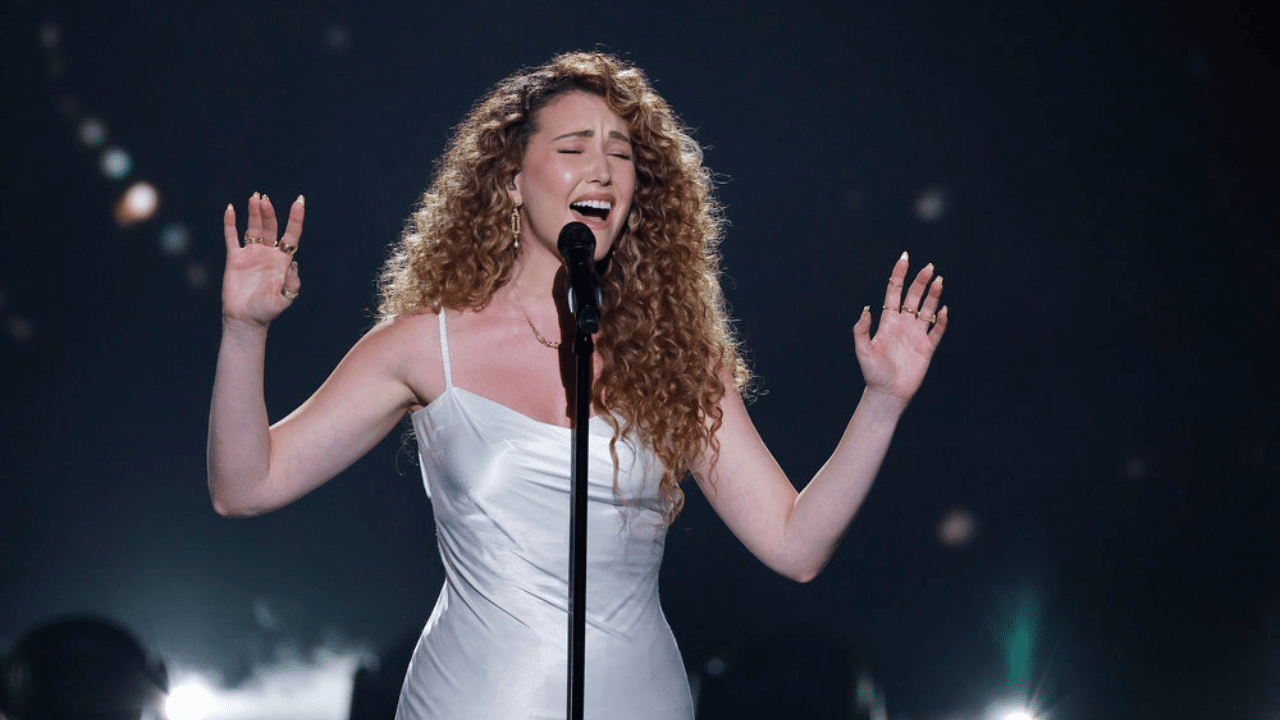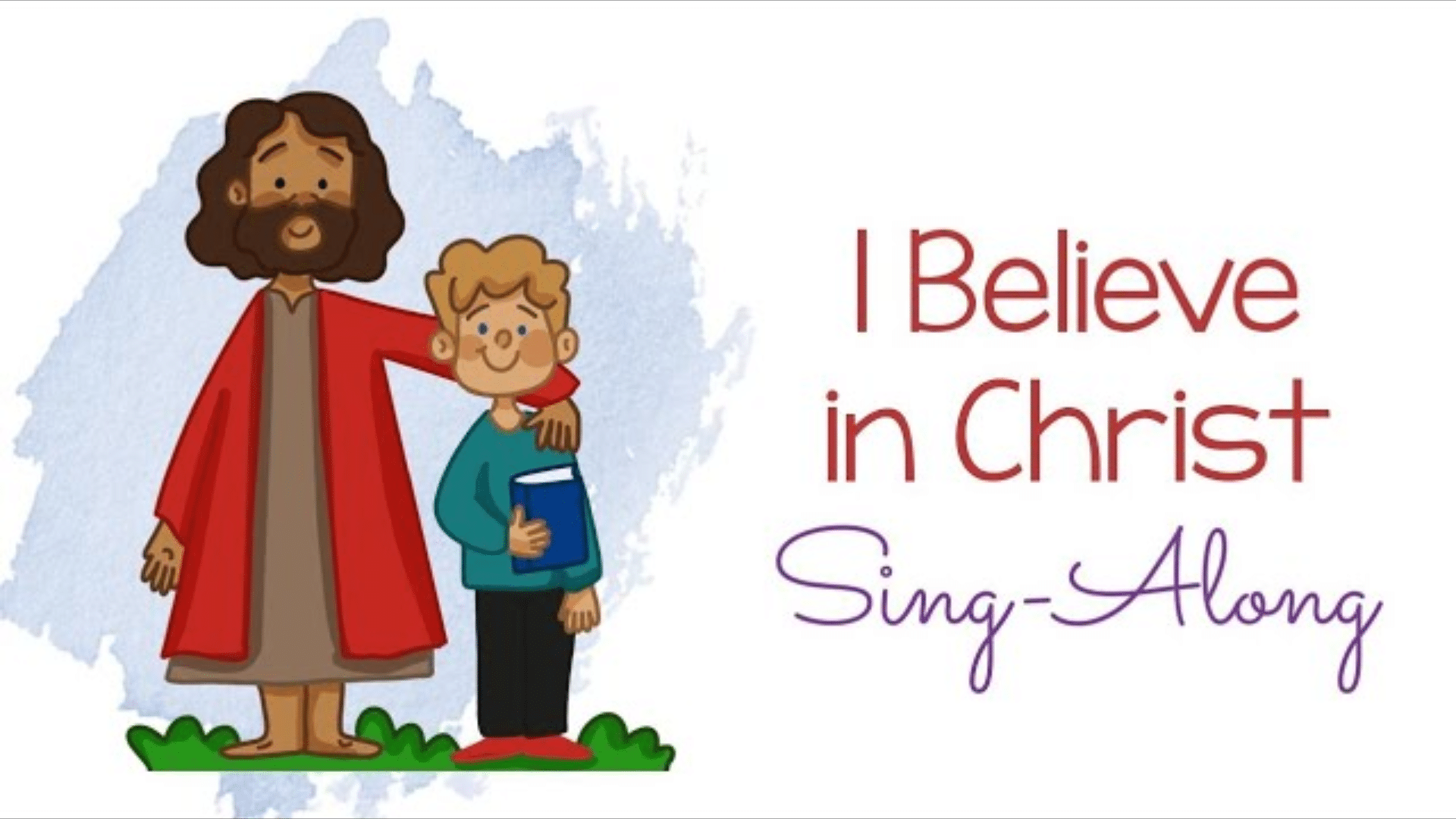Freddie Mercury, born Farrokh Bulsara in 1946, was the dynamic frontman of Queen, known for his flamboyant stage presence, wide vocal range, and exceptional songwriting abilities.
A visionary artist, Freddie crafted “Bohemian Rhapsody”—perhaps his magnum opus—which combined his eclectic musical tastes and theatrical influences.
Mercury’s brilliance as a composer lay in his ability to blend opera with rock, creating a unique, layered sound that would influence generations of musicians.
Queen, with members Brian May, Roger Taylor, and John Deacon, became pioneers in rock, producing timeless anthems.
Mercury’s influence continues to resonate, with “Bohemian Rhapsody” remaining a landmark song in rock history.
About the Song “Bohemian Rhapsody”
Queen’s “Bohemian Rhapsody” is a genre-defying masterpiece that forever changed the landscape of rock music.
Released in 1975, the song is a fusion of multiple musical styles—operatic, hard rock, and balladic elements—creating a sound that had never been heard before.
With its innovative structure, the song takes listeners on a dramatic, emotional journey, with no clear chorus and a progression that shifts from poignant piano passages to explosive guitar riffs.
The song’s unpredictability, intricate arrangement, and Freddie Mercury’s powerful and unique vocal performance elevated “Bohemian Rhapsody” to legendary status.
Its influence stretches beyond rock music, inspiring countless artists across genres and solidifying Queen’s place as one of the greatest bands of all time.
| Detail | Information |
|---|---|
| Release Date | October 31, 1975 |
| Album | A Night at the Opera |
| Length | 5:55 |
| Writer | Freddie Mercury |
| Producer | Roy Thomas Baker, Queen |
| Record Label | EMI (UK), Elektra (US) |
| Genre |
Progressive Rock / Art Rock |
Bohemian Rhapsody Song Lyrics
[Intro]
Is this the real life? Is this just fantasy?
Caught in a landslide, no escape from reality
Open your eyes, look up to the skies and see
I’m just a poor boy, I need no sympathy
Because I’m easy come, easy go, little high, little low
Any way the wind blows doesn’t really matter to me, to me
[Verse 1]
Mama, just killed a man
Put a gun against his head, pulled my trigger, now he’s dead
Mama, life had just begun
But now I’ve gone and thrown it all away
Mama, ooh, didn’t mean to make you cry
If I’m not back again this time tomorrow
Carry on, carry on as if nothing really matters
[Verse 2]
Too late, my time has come
Sends shivers down my spine, body’s aching all the time
Goodbye, everybody, I’ve got to go
Gotta leave you all behind and face the truth
Mama, ooh (Any way the wind blows)
I don’t wanna die
I sometimes wish I’d never been born at all
See upcoming rock shows
Get tickets for your favorite artists
[Verse 3]
I see a little silhouetto of a man
Scaramouche, Scaramouche, will you do the Fandango?
Thunderbolt and lightning, very, very frightening me
(Galileo) Galileo, (Galileo) Galileo, Galileo Figaro magnifico (Oh-oh-oh-oh)
But I’m just a poor boy, nobody loves me
He’s just a poor boy from a poor family
Spare him his life from this monstrosity
Easy come, easy go, will you let me go?
Bismillah, no, we will not let you go
(Let him go) Bismillah, we will not let you go
(Let him go) Bismillah, we will not let you go
(Let me go) Will not let you go
(Let me go) Will not let you go
(Never, never, never, never let me go) Ah
No, no, no, no, no, no, no
(Oh, mamma mia, mamma mia) Mamma mia, let me go
Beelzebub has a devil put aside for me, for me, for me
[Bridge]
So you think you can stone me and spit in my eye?
So you think you can love me and leave me to die?
Oh, baby, can’t do this to me, baby
Just gotta get out, just gotta get right outta here
[Outro]
(Ooh)
(Ooh, yeah, ooh, yeah)
Nothing really matters, anyone can see
Nothing really matters
Nothing really matters to me
Any way the wind blows
Themes of The Song
“Bohemian Rhapsody” explores several profound themes through its complex structure and poetic lyrics:
Existential questioning – The song contemplates life, death, and the consequences of one’s actions, featuring a protagonist grappling with personal demons and mortality.
Internal conflict – Central to the lyrics is the struggle between different aspects of self, represented musically through contrasting sections and lyrically through confessional elements.
Fate versus free will – The narrative explores themes of destiny, choice, and whether we can escape the consequences of our actions, with references to being “caught in a landslide” with “no escape from reality.”
Theatrical performance – The operatic middle section introduces multiple characters and perspectives, suggesting internal dialogue or perhaps judgment, creating a sense of psychological drama.
Through these themes, Mercury crafted a piece that speaks to universal human experiences of questioning, regret, defiance, and ultimately acceptance, while leaving the specific interpretation deliberately ambiguous.
Similar Songs to “Bohemian Rhapsody”
If you connected with the ambitious structure and theatrical elements of “Bohemian Rhapsody,” here are other memorable songs that share its innovative approach and musical complexity:
“Innuendo” by Queen: A genre-blending track with operatic vocals, flamenco guitar, and hard rock, re-released in 1991 as a Mercury classic.
“Paradise by the Dashboard Light” by Meat Loaf: A theatrical 1977 rock epic with multiple sections, duet vocals, and a baseball commentary break.
“November Rain” by Guns N’ Roses: A dramatic 1991 ballad with orchestral swells, piano, and iconic guitar solos.
“2112” by Rush: A 1976 progressive rock suite with complex structure, tempo shifts, and narrative depth.
Live Performance
Similar Artist
-
David Bowie: Known for his genre-defying music and bold, androgynous persona, Bowie, like Freddie Mercury, was a master of reinvention and theatrical performances.
-
Elton John: With his flamboyant stage presence and wide vocal range, Elton John, like Mercury, blended rock, pop, and emotional ballads, creating timeless classics.
-
Axl Rose: Axl Rose shares Mercury’s dynamic vocal range and ability to combine hard rock with melodic moments, particularly in emotionally charged ballads.
-
George Michael: George Michael’s powerful vocals and ability to blend pop, soul, and rock parallel Freddie Mercury’s emotive and versatile performances.
-
Mick Jagger: Like Freddie Mercury, Mick Jagger is known for his charismatic stage presence and flamboyant performances that defined rock music’s energetic spirit.
Loved this one? Check out more Iconic Song Analysis breakdowns and find the musical innovations that have changed popular music.
Frequently Asked Questions (FAQs)
Which song has ‘thunder and lightning very very frightening’ line?
This line is from Queen’s “Bohemian Rhapsody,” released in 1975. The exact lyrics are “Thunderbolt and lightning, very, very frightening me.”
What Does “Bohemian Rhapsody” Mean?
It’s an unconventional, artistic piece, with some seeing it as a reflection of Mercury’s struggles. He called it “random rhyming nonsense.”
Why was “Bohemian Rhapsody” Met with Skepticism?
Its length and style shifts worried execs, but DJ Kenny Everett’s repeated airplay created massive demand.
How Did they Achieve the Operatic Effect?
The band layered 180 overdubs over weeks, using analog technology to sync multiple tracks.
Has Any Song Replicated It?
Few have matched its success or complexity, with most attempts falling short artistically or commercially.



